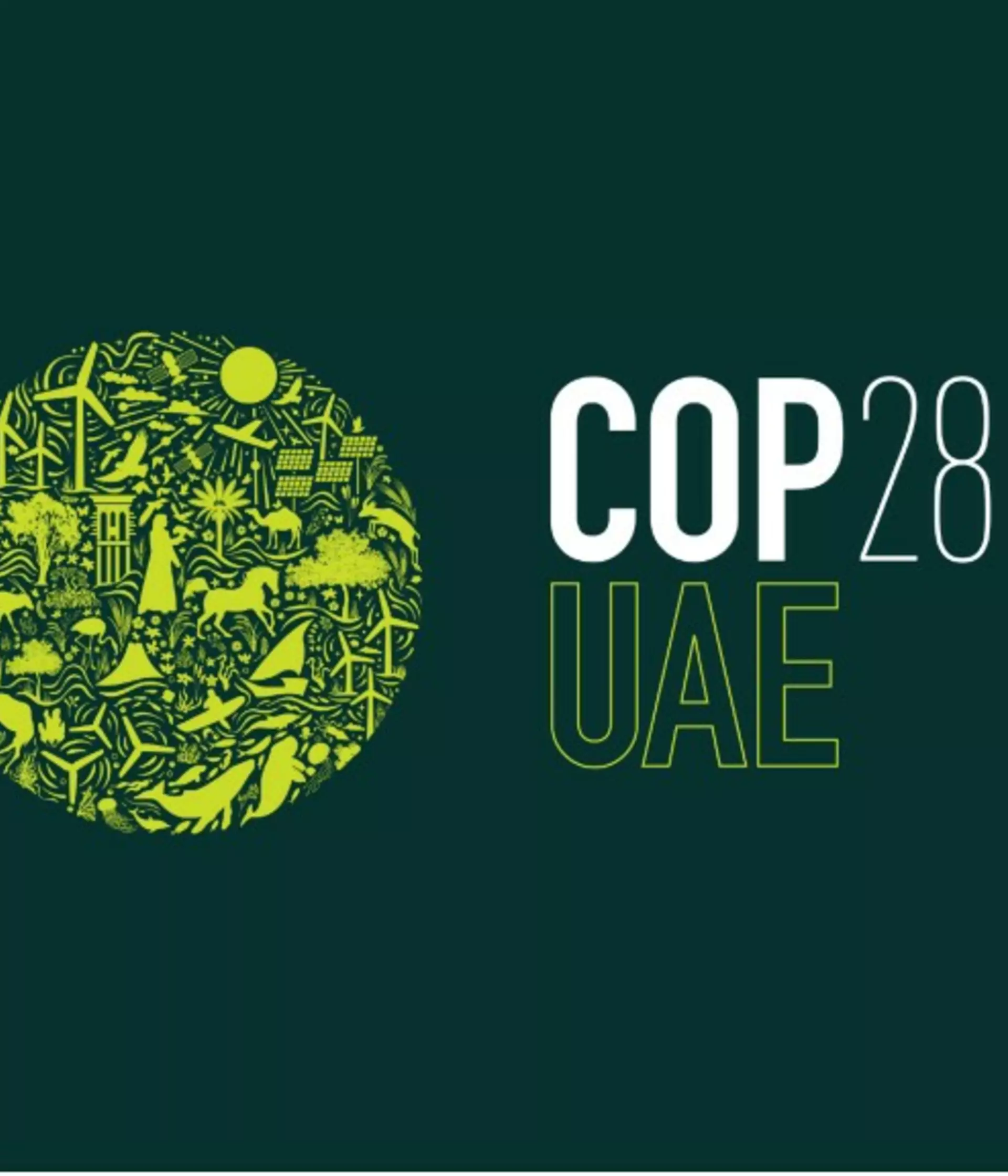ZSL's Position Statement for UNFCCC COP28: Putting Nature at the Heart of Climate Action
The UN Framework Convention on Climate Change (UNFCCC) sets out the framework and principles for international cooperation and action against climate change.
Meeting global climate commitments can only be realistically achieved by meeting global commitments to halt and reverse biodiversity loss by 2030, alongside urgent action to phase out fossil fuels. Protecting and restoring natural ecosystems, such as forests, woodlands and savannahs could store a quarter of the Carbon needed to limit warming to 1.5 °C. Nature will also play a crucial role in supporting communities most vulnerable to the impacts of climate change and most in need of urgent help. Despite the multiple co-benefits, actions to address the climate crisis often fail to prioritise or even consider biodiversity impacts.
ZSL’s engagement with the UNFCCC is focused on bridging biodiversity and climate solutions by advocating for nature’s integral role as a key tool for mitigation, adaptation, and building resilience. We are working to ensure that biodiversity recovery remains central to climate response strategies at all levels, from local to global; so that nature is put at the heart of global decision making.
COP28 will be a central opportunity across several negotiation areas to platform the role of nature and ensure its proper integration into the Paris Agreement’s implementation. At COP28 ZSL will be focussing on 3 core areas of the negotiations - The Global Stock Take (GST), The Global Goal on Adaptation (GGA), and Loss and Damage (L&D):
Key asks
Global Stock Take (GST) –
- The results of the GST should send a clear message that without urgent action to protect and restore biodiversity, countries will not be able to meet their climate goals.
- Identify specific opportunities for countries to better align their actions to achieve the Goals of the Paris Agreement and the new Kunming-Montreal Global Biodiversity Framework (KM-GBF) and the goals and targets it sets for the protection and restoration of biodiversity worldwide.
The Global Goal on Adaptation (GGA) –
- The Global Goal on Adaptation must incorporate nature into its text and targets, with dedicated targets for Ecosystem-based adaptation and resilience building, alongside the creation of adaptation financing tools to scale global action on mobilising adaptation and resilience building.
Loss and Damage (L&D) –
- A technical expert group on biodiversity and L&D should be created to provide insight into the scale of slow onset biodiversity loss and what evidence-informed responses look like.
- The L&D Fund should provide dedicated funding for ecosystem-based adaptation and disaster risk reduction and livelihood creation.
Indigenous Peoples and Local Communities (IP&LCs) –
Across all of the UNFCCC, the rights, roles and vital contributions of IP&LCs should be upheld and respected, with direct steps taken to ensure meaningful multistakeholder engagement and access at all levels in the development and delivery of policy.
We urge all parties to UNFCCC COP28 to recognize the critical role of nature in addressing the climate crisis and to adopt policies that put nature at the heart of climate action. To learn more about our policy recommendations please read our position paper in full.
Learn More About Our Work
Natural high-integrity ecosystems are also vital to adapt to climate impacts and build resilience, including by reducing risks from floods and droughts. Mangroves shield inland habitats and communities from storm and capture and store more carbon for their size and terrestrial rainforests. ZSL has engaged in community-based mangrove rehabilitation since 2007, regenerating over 100ha and training over 1000 people in mangrove rehabilitation.
At COP28 ZSL will focus on the shared solutions that action to protect and restore nature can provide, showcasing our work across all ecosystem types - mangroves, wetlands, rivers, protected areas and wildlife that calls them home. Protecting and restoring ecosystems offers significant mitigation potential compared to all agriculture, forestry and other land-use options. For example, ZSL’s work on advocating for and advising on sustainable timber management is working to reduce deforestation through working with business. Additionally, our work on coral reef protection has shown the vital role of reefs in protecting coastlines from storms and erosion.
It is essential that governments and other representatives recognise these synergies and prevent trade-offs between climate action and action on nature across the outcomes of COP28.
